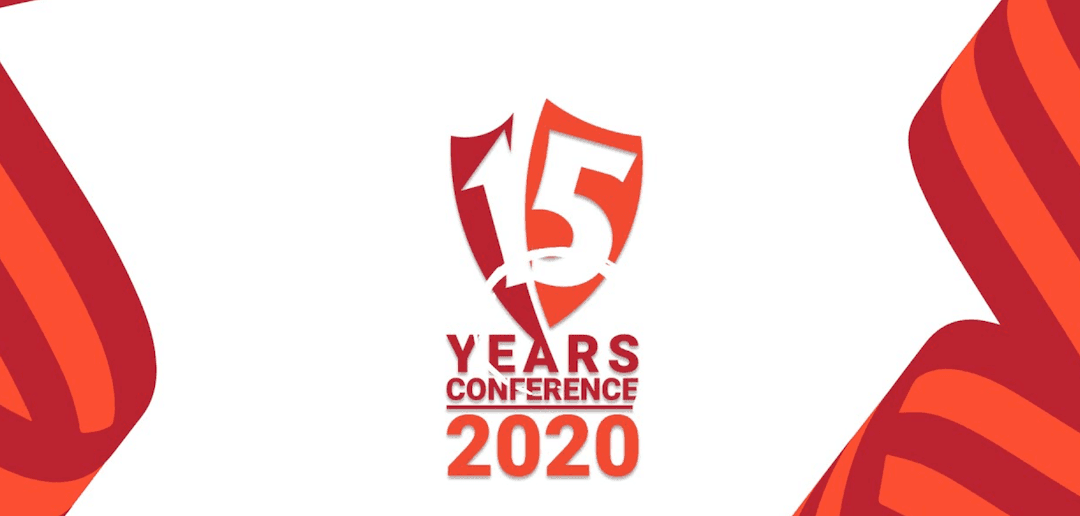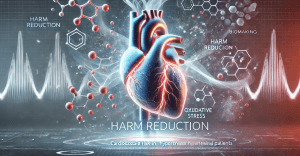After 15 years from the first WHO FCTC, an independent conference with two international expert panel sessions will be held on a Virtual Webinar Session on September 30th and October 1st 2020. Hosted by Drugs and Alcohol Today Journal editors, Dr. Axel Klein and Dr. Sudhanshu Patwardhan, academics, researchers, and NGO will meet to discuss crucial questions to achieve more effective and equitable implementation globally.
Two international expert panel sessions will be held on a Virtual Webinar Sessions on September 30th and October 1st 2020. Hosted by Drugs and Alcohol Today Journal editors, Dr. Axel Klein and Dr. Sudhanshu Patwardhan, academics, researchers, and NGO will meet to discuss crucial questions to achieve more effective and equitable implementation globally.
Panellists to intervene will be Prof. Riccardo Polosa, Founder of the Center of Excellence for the acceleration of Harm Reduction(CoEHAR – University of Catania, Italy) and Dr. Derek Yach, President of the Foundation for a Smoke-Free World. Dr Yach, former Head of the policy coordination committee at WHO and the first director of the Tobacco Free Initiative, is one of the most prominent advocates for the development of the FCTC until its adoption in March 2003. Prof. Polosa is a tobacco harm reduction advocate, often described as one of the most prolific academic authors in the area of e-cigarettes.
Of particular importance the intervention in the webinar of the Dr. Marewa Glover, who has set up the first Centre of Research Excellence on Indigenous Sovereignty & Smoking in New Zealand. The Centre has an international focus and will be partnering with indigenous organisations and researchers around the world to investigate rapidly reducing tobacco smoking among their people.
Session 1: Addressing Diversity and Development in Tobacco Control
- Areas of discussion:
- Tobacco-related illnesses continue to rise among women and minority groups in low- and middle-income countries (LMICs). Additionally, the LGBT community is disproportionately impacted by tobacco: overall, 20.6% of LGB adults and 35.5% of transgender adults smoke cigarettes compared to 14.9% of heterosexual adults. Is there a rising equity gap in tobacco control?
- Harm reduction measures remain unknown among many indigenous communities and in many LMICs. Why is there no global effort to educate these populations and make vaping devices, nicotine replacement therapies and gums accessible to these people?
- Changing tobacco consumption patterns is having a ripple effect on populations such as tobacco farmers that rely on the sale of tobacco. Why isn’t there a systematic effort to improve equity by providing transition avenues to other cash crops?
Session 2: Tobacco Harm Reduction, Policy and Practice
- Areas of discussion:
- Tobacco control is defined by FCTC text as including: demand reduction, supply reduction and harm reduction strategies. Nicotine replacement therapy is on the WHO’s essential medicines list. And yet, safer forms of nicotine are not affordable, available or accessible in most of the world where they are needed the most. Why?
- Each year, less than 10% of smokers successfully quit, and relapse rates for smokers are estimated to range from 60%-90% within the first year. Why don’t pharmaceutical companies or innovative tech companies develop better products to aid smokers attempting to quit?
- What kind of regulatory frameworks are needed in countries with low tobacco control policy compliance so that safer nicotine alternatives don’t become an “on ramp” for a new generation of risky-tobacco users?
Who: Session 1 panelists:
- Dr. Axel Klein, Editor-in-Chief at Drugs and Alcohol Today
- Dr. Marewa Glover, Director of the independent Centre of Research Excellence: Indigenous Sovereignty & Smoking in Auckland, NZ
- Atakan Befrits, Chairman of New Nicotine Alliance Sweden and PR TAC for global umbrella CSO-NGO INNCO;
- Dr. Chifundo Kamwaza, environmental and agricultural research specialist and former research assistant in the formation stages of MwAPATA (Malawi Agriculture Policy Advancement and Transformation Agenda) Institute
- Navin Kumar, PhD candidate at the Yale University Sociology Department
Session 2 panelists:
- Dr. Sudhanshu Patwardhan, medical doctor and co-founder of the Centre for Health Research and Education
- Prof. Jed Rose, Director of the Duke Center for Smoking Cessation Research and Professor in the Department of Psychiatry and Behavioral Sciences at Duke University Medical Center
- Dr. Derek Yach, President of the Foundation for a Smoke-Free World
- Prof. Riccardo Polosa, Founder of the Center of Excellence for the acceleration of HArm Reduction (CoEHAR – University of Catania, Italy)
- Patricia Kovacevic, Independent consultant/principal at RegulationStrategy.com
Where: Virtual Webinar [Register Here]
When: Session 1: Wednesday, September 30 at 7am (EST)/ 12pm (CEST)/ 4pm (IST)
Session 2: Thursday, October 1 at 7am (EST)/ 12pm (CEST)/ 4pm (IST)
Contact: Please RSVP to fctc4all@gmail.com
Resources: Presenters will discuss research in Drugs and Alcohol Today: Volume 20 Issue 3
“Neither WHO nor the Secretariat of the Framework Convention for Tobacco Control have any relationship with the “15 Years Conference” and neither have been consulted or are involved in its organization“




